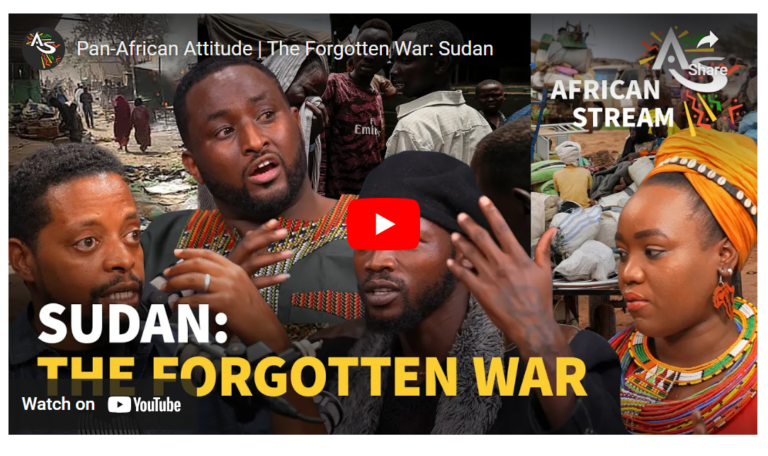In 2018-2019, the people of Sudan took to the streets to fight for their democratic rights and demand that longtime Sudanese dictator Omar al-Bashir step down from power. He was then removed in a coup orchestrated by the joint efforts of the Sudanese Armed Forces (SAF) and the Rapid Support Forces (RSF) paramilitary. But what initially looked like a victory for the people soon spiralled into a power struggle between the SAF and RSF that turned into a devastating civil war and a proxy war between regional powers in the region. The Sudanese Army, led by Abdel Fattah al-Burhan, controls most of the industries in Sudan, while the Rapid Support Forces, led by Mohammed Hamdan Dagalo, aka Hemdeti, control the goldmines, but both sides want total supremacy over Sudan – and especially over the capital, Khartoum. The fighting has displaced more than 7.8 million people internally, while 2 million have fled the country. Some 20.3 million face acute food insecurity. Critical infrastructure has been destroyed, and on top of the humanitarian emergency, there are reports of mass rapes and genocidal violence. In the Darfur region, the RSF and allied Arab militia are accused of committing atrocities against the Masalit people. The war has also overshadowed a pre-existing conflict in the Nuba mountains. Despite the enormity of the tragedy unfolding in Sudan, the conflict and its consequences have largely been ignored by global news outlets. We invited two Sudanese guests to discuss the pressing emergencies in their country. Kamal Ramadan (aka ‘General KD’) is an artist from the Nuba mountains who highlights the challenges in this region and the role of art and music during this war, especially in reaching out to young people, who form the majority of the combatants. Mosaab Baba, meanwhile, is a researcher and consultant from Ayin Network. He has been working with Sudanese civil society since the 2000s, even during the conflict, to try and find an amicable solution and peaceful transition of power. They gave us their take on the war, its genesis and what steps need to be taken to put a permanent end to hostilities. They bring some great insights to the table – please watch, share and let us know your thoughts.
WATCH THIS VIDEO: Pan-African Attitude Episode

